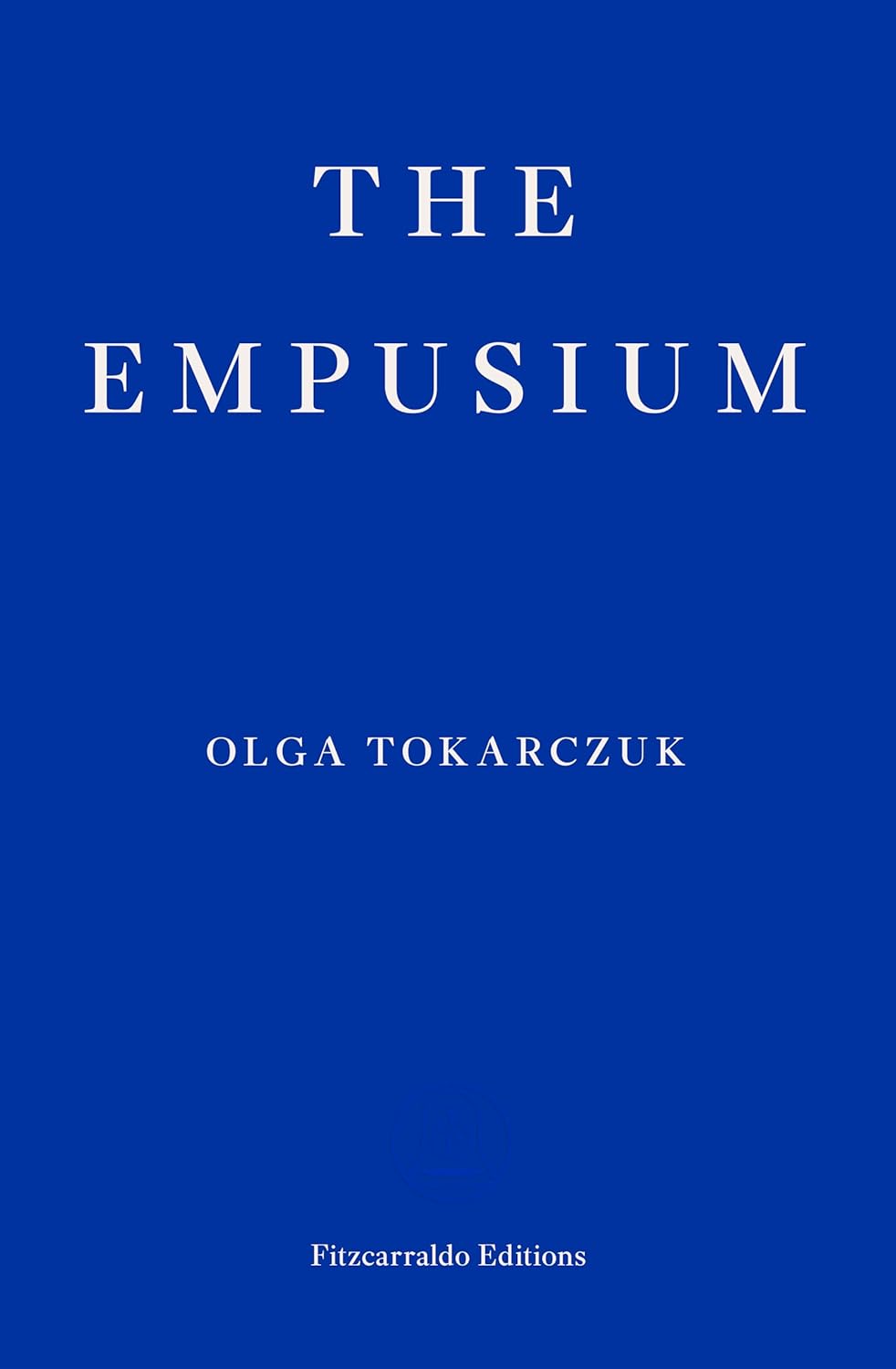What do you think?
Rate this book


336 pages, Paperback
First published June 1, 2022

Here we are, slightly changed, but just the same as before, warm but also cold, both seeing and blind. Here we are, here are our hands formed from decaying branches, our bellies, our nipples that are puffballs, our womb that blends into a fox's den, into the depths of the earth, and is now nursing a fox's litter. Can you see us at last, Mieczyslaw Wojnicz, you brave engineer from the flat woodless steppes?
“Wojnicz (the main character standing for Hans Castrop in TMM) had noticed that every discussion, whether about democracy, the fifth dimension, the role of religion, socialism, Europe, or modern art, eventually led to women.”
“Our entire culture has grown out of a feeling of inferiority, out of all those unfulfilled ambitions. And yet it is the other way around: that which is weak in us gives us strength. This constant effort to compensate for weakness governs our entire lives. Demosthenes had a stammer, and that was exactly why he became the greatest speaker of all time. Not in spite of it, but because of it.”